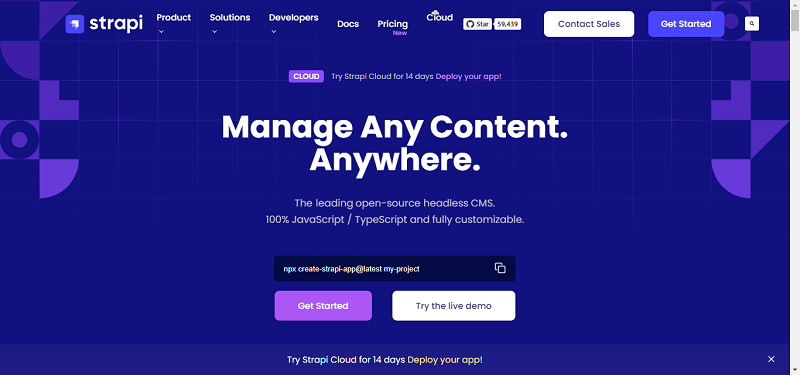You may find yourself becoming overwhelmed with all the potential choices of ERP software available on the market. Many decision makers have purchased such software only to find out later that it was not the right fit for their specific business. Although there is a myriad of information available to aid in the ERP Systems HQ selection process, there are 8 essential qualities you should never comprise on:
1. Functionality
This is the most important characteristic of an ERP system to research. In order to know what functions your selected system is required to possess, you first need to ask yourself what areas are of most importance to you. If your ERP software is optimized for larger companies and you are a small business, you should look into a system that more represents your specific needs. Functionality is the base of a great ERP solution, while additional features are bonuses. Focus on the necessities and optional add-ons can get addressed along the way.
2. Common Platform with Wide Recognition
Choosing a commonly accepted cloud based ERP platform will ensure there is a high amount of products and support for those products available. Well recognized ERP solutions have plenty of resources available for support and implementation. By choosing a solution with many certified partners, call centers, support plans, and support teams who are familiar with related systems to choose from, you increase your likelihood of effective use. The higher the number of companies using a particular ERP solution, the more likely the software is going to stay on the market for a while. Find an ERP solution that others in your industry use comfortably and effectively.
3. Support and Stability
It is essential that the ERP software companies that you are considering come with a support guarantee; otherwise you may leave yourself vulnerable to hidden costs for necessary upgrades if the product you chose becomes obsolete. It is also important to consider how stable the software publisher is and whether they are likely to retain their position within the market, thereby continuing to provide the support you require.
4. Costs and Fees
This includes not only the initial purchasing and implementation cost, but any on-going costs you are likely to incur through the need for maintenance, upgrades, additional users, etc. While some systems may offer discounts at the time of purchase, you may find yourself facing higher costs in the future, negatively affecting your bottom line and ROI. Also, ensure the software companies you are considering have a cap on their annual fees, including support and updates.
5. Effective Data Usage
One of the distinct advantages of ERP systems is the ability to efficiently access and use your data. While most provide adequate transaction processing, it is equally important that the data can be easily accessible by decision makers. Timely and current information access ensures critical decisions can be made based upon the most recent data.
6. Fast Adoption
The ERP system you choose should be easy to adapt to for end users. It is crucial that those users become both familiar and comfortable with those functions and use. For example, because many of Microsoft Dynamics’ key features resemble Microsoft office functions, users are usually able to adapt to it quickly.
By Aaron Louis,
Aaron is the head blogger of ERP Systems HQ. He holds a BS in Computer Information Systems and has worked as an ERP Consultant. Visit ERP Systems HQ for more information.





